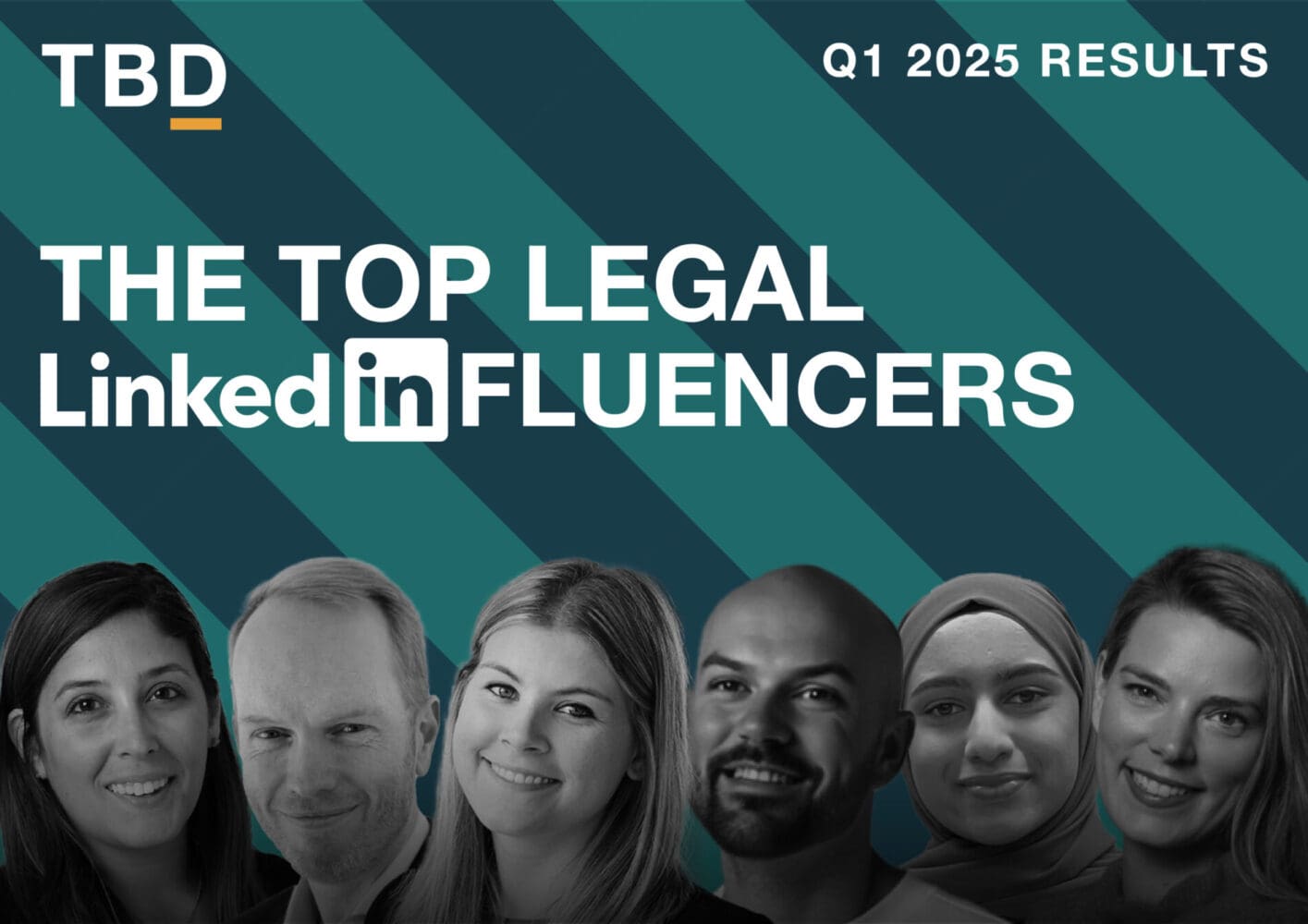In Google’s evolving search algorithm, “Your Money or Your Life” (YMYL) content – information on issues that impact people’s health, financial stability, or safety – is subject to more stringent quality evaluations. Law firm websites fall squarely within YMYL, as the legal information provided on these sites can significantly influence decisions with serious personal and financial consequences.
With recent “Helpful Content” updates, Google increasingly emphasises the quality and relevance of YMYL content. Poor-quality content on law firm sites isn’t merely ignored or deprioritised – it may even be doubly penalised in search rankings due to its perceived failure to meet both YMYL standards and the helpfulness benchmark.
The weight of YMYL in legal content
For law firms, the “Your Money or Your Life” (YMYL) designation increases the need for content that demonstrates “Experience, Expertise, Authoritativeness, and Trustworthiness” (E-E-A-T), as Google now prioritises content created by those with direct experience in the subject.
This is particularly crucial for legal content, where advice can affect users’ well-being and financial stability. Legal sites with outdated, shallow, or poorly structured content are now more likely to be flagged as low-value and face a potential “double penalty” under Google’s Helpful Content Update, which not only deprioritises content that fails YMYL requirements but also further penalises it for lacking depth or specificity.
To remain competitive, law firms should ensure their content features detailed author bios that highlight firsthand legal experience, along with real-world insights, case studies, and client stories that demonstrate direct involvement and in-depth knowledge – elements that enhance both user trust and Google’s assessment of content quality.
A new website strategy: don’t import problems
When launching a new law firm website or updating an existing one, avoid importing content without scrutiny. Simply carrying over the same information could retain previous ranking issues and affect your new site’s authority in search results. Instead, this is an ideal opportunity to overhaul content strategies, focusing on the three Rs: Reduce, Reuse, and Recycle.
Reduce
Many law firm websites feature numerous pages targeting similar keywords, creating what’s known as “keyword cannibalisation”, where multiple pages compete against each other for the same keywords. This dilutes the authority of each page, often leading them all to rank lower than if a single, focused page covered the topic comprehensively. Instead, law firms should streamline content, aiming to cover each topic thoroughly on one or two pages. This consolidation can also help build a central authority for the topic.
Reuse and repurpose
A “reuse” strategy doesn’t mean recycling entire pages verbatim but, rather, evaluating the content’s best elements and updating or integrating them into high-performing areas. Think of this as a process to Revisit, Revise, Review, and Improve:
- Revisit each page for the most pertinent details, identifying where language, structure, or depth can be enhanced.
- Revise language and examples to reflect the latest legal standards and case precedents.
- Review keywords and add related FAQs to ensure the content meets user expectations.
- Improve headlines and headers to attract both user clicks and higher engagement metrics, which Google favours.
Recycle
Finally, with any duplicated or extraneous content, recycle intelligently by merging insights from multiple similar pages into one cohesive guide or FAQ section. Law firms might consider updating all references to the current year (2024/2025), a small but impactful signal to users and search engines alike that content is up-to-date. Additionally, “socialising” content – sharing it on social media channels, adding recent case examples, and engaging with users’ questions – can expand its reach and relevance, driving user engagement and demonstrating to Google the page’s utility.
The key takeaways: de-cannibalise and prioritise helpfulness
By de-cannibalising content into a clear, single source and emphasising useful, updated, and well-structured information, law firms can ensure that their content meets both YMYL and Helpful Content standards. While Google’s content updates make it harder to maintain rankings with basic legal content, they also create an opportunity: the more helpful, authoritative, and specific your content, the more likely it is to thrive in search results – benefiting both your firm and the clients searching for reliable legal information.







